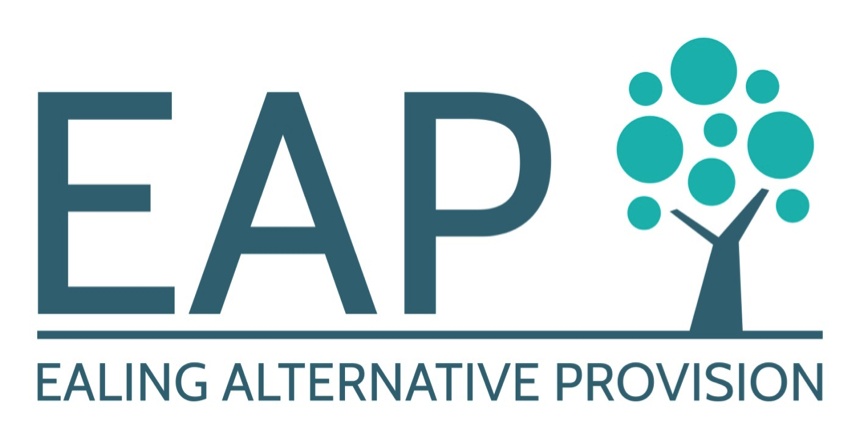About Us

Welcome from the Headteacher
I’d like to welcome you to our website and hope that what you find here helps you to understand what Ealing Alternative Provision is, and can do for you and your child.
As the Headteacher of EAP I find it a privilege and a pleasure to be part of a phenomenal institution that puts pupils, their families and their futures at the heart of everything we do.
Young people come to us at a time when they are often disaffected, distressed or distracted from their education. School placements have broken down and youngsters are feeling dejected and vulnerable. It is our aim to support them, and help to guide them onto the right track. Giving them back the life chances that at times seemed lost to them.
We pride ourselves on knowing each and every young person and their families. We promote equality, equity and inclusion and aim to empower our students in making the right choices for the future. Our care goes beyond our classroom walls, as we support pupil’s progress into their chosen pathways.
Nesting in a beautiful, leafy area of West Ealing, we are housed in wonderful new buildings, and we pride ourselves on ensuring that we maintain an environment where all students want to learn. Our site boasts an interactive Forest School; a project that has allowed us to grow our own produce; a talented Chef that prepares for breakfast club and school lunches free of charge for all students as well as mentors, pupil and family workers, a speech and language therapist and counsellor, all of which offer a range of bespoke support for our students.
I hope you find us approachable, please do not hesitate in contacting us if you need any further information.
R Gilbert
Headteacher

